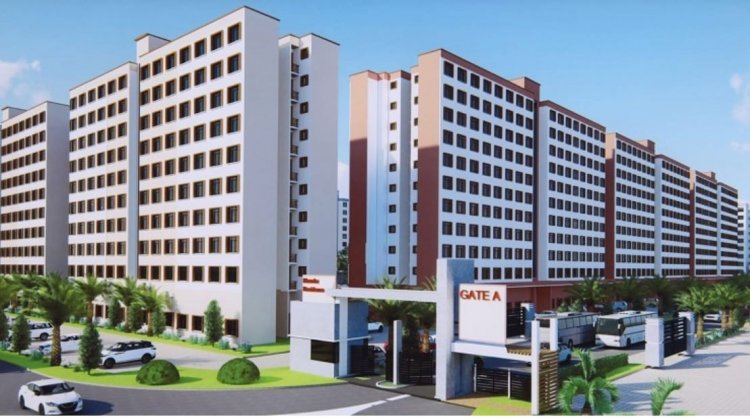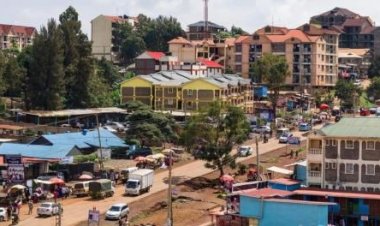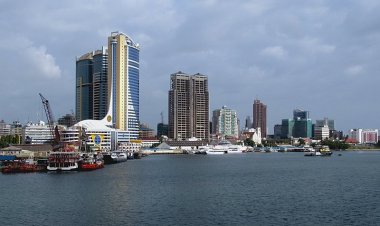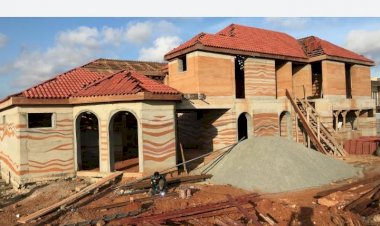The Role of Public -Private Partnerships in Addressing Affordable Housing Shortage
The affordable housing shortage can be addressed by 2030 if the private sector, together with non-profit organizations, collaborates with the government to improve the country's economy and the well-being of its citizens.

Over the years, the rise in population in major towns has led to a shortage of affordable housing, causing the government to come up with a strategic plan for addressing the issue. The Government of Kenya implemented the Public-Private Partnerships (PPPs) framework that implements high-quality infrastructural projects, ensuring millions of Kenyans in need of affordable and decent homes realize their ambitions.
Public-Private Partnerships (PPPs) refer to an established partnership between the public sector and the private sector through a contractual relationship that seeks to access the private sector's finance, design, construction, commercialization, maintenance, or operational management for the delivery of affordable housing.
Listen to the latest episode of the African Real Estate Podcast here: https://spotifyanchor-web.app.link/e/JhXC6KFViIb
The major reason for these collaborations is to enable the government to achieve its agenda of bridging the housing gap by constructing at least 250,000 houses per year. The collaboration also helps the government leverage the expertise of the private sector to improve its services due to pooled resources and cost reduction, among other benefits. The public sector also offers incentives and grants to the private sector, enabling them to deliver projects on time and within budget.
Additionally, partnerships seek to reduce the government's sovereign borrowings and associated risks. Some of the contributions made in partnerships include land, development rights, skilled manpower, and revenues.
Non-profit organizations also play a role in advocating for affordable housing policies and supporting marginalized communities in accessing housing. They work with the government to identify areas of need and develop targeted interventions. The organizations also provide technical assistance and capacity building to local communities, empowering them to participate in housing initiatives.
Some of the private-public partnerships for developers in Kenya include the Build Operate Transfer (BOT), Build Own Operate (BOO) arrangements, Lease Renovate Operate Transfer (LROT) arrangements, Build Lease Transfer (BLT) arrangements, Design Construct Manage Finance (DCMF) arrangements, and Build Own Operate Remove (BOOR) arrangements.
Under affordable housing, the government has already started building houses such as the Pangani housing project and River Estate, Ngara, among others. The houses are still ongoing and are yet to be completed within the specified time.
In conclusion, the affordable housing shortage can be addressed by 2030 if the private sector and non-profit organizations collaborate with the government to improve the country's economy and the well-being of its citizens.
If you have a real estate press release or any other information that you would like featured on the African Real Estate Blog Post, do reach out to us via email at [email protected]

 Cece Ndululu Usyu
Cece Ndululu Usyu 









![Naomi Campbell's Luxurious Villa in Malindi [PHOTOS]](https://realestateblogpost.com/uploads/images/2021/08/image_380x226_611a6ec7625b8.jpg)















![7 Famous Architectures in Africa [PHOTOS]](https://realestateblogpost.com/uploads/images/2023/05/image_380x226_646c9c2bd8642.jpg)





